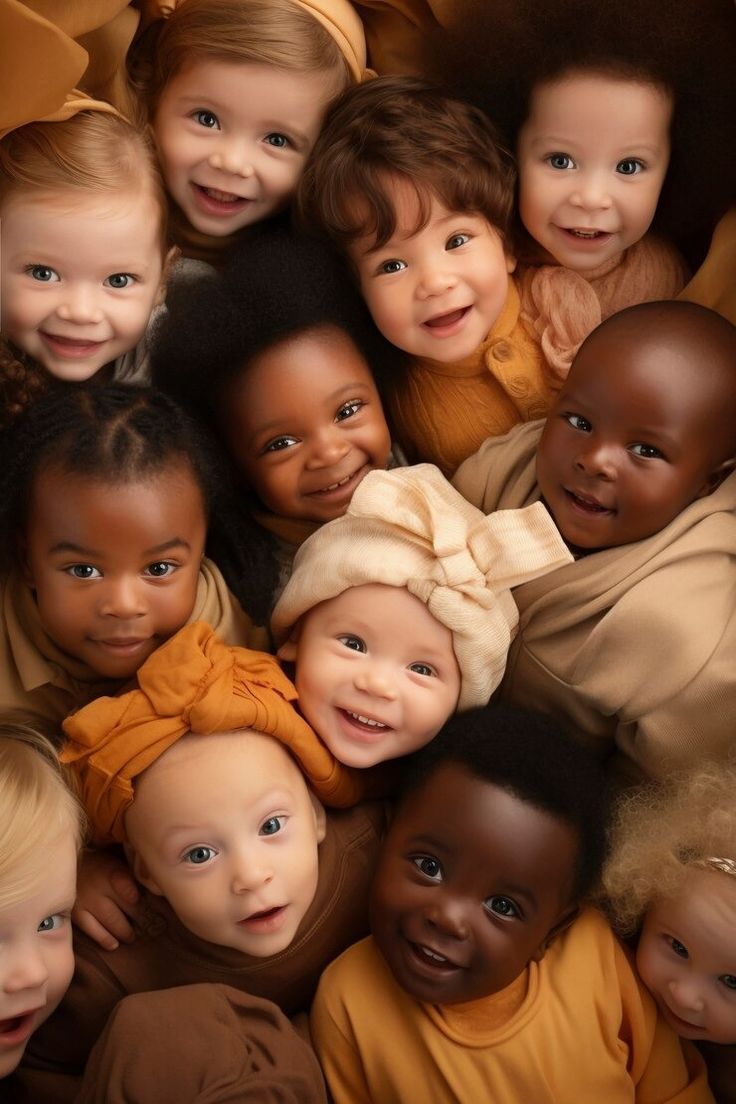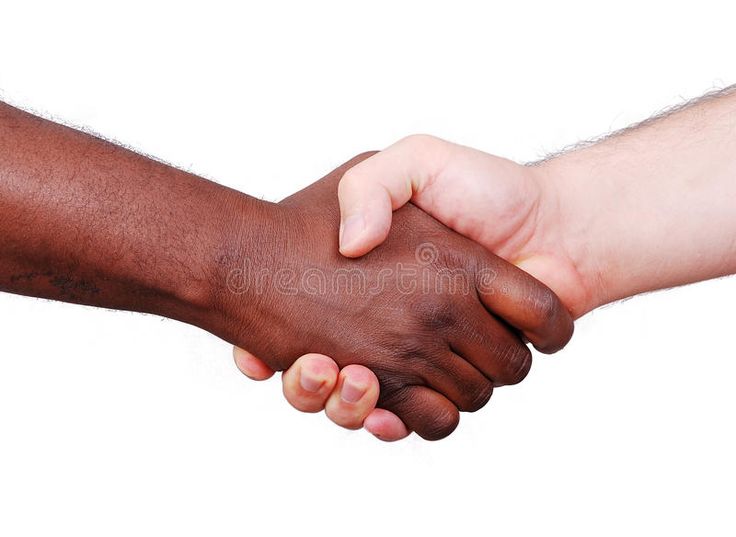Call us @+234 806 558 2598
What’s behind the silent trade tensions between Nigeria and the United States?
The Brewing Storm: U.S. & Nigeria Relations, Trade Tensions, and the Global Tug-of-War

Over the past few months, whispers have turned into global headlines: is there really a trade war brewing between Nigeria and the United States of America? What happened to the long-standing partnership built over oil, aid, and diplomacy? And why are terms like “BRICS,” “Venezuela,” and “deportees” suddenly popping up in conversations about this unexpected diplomatic fallout?
Let’s dig deep beyond the headlines and unpack the fascinating story of the U.S. and Nigeria relationship, how it’s changing, and why this shift could have ripple effects far beyond Washington or Abuja.
Once Friends, Now Frenemies?
Historically, the U.S. and Nigeria have enjoyed a somewhat cooperative relationship. Nigeria, Africa’s most populous country and largest economy, has been a strategic ally of the U.S. in West Africa for decades. From fighting terrorism to boosting oil exports, and collaborating on public health (think PEPFAR and USAID), the relationship hasn’t always been perfect, but it’s been functional until now.
In recent months, however, the tone has shifted. The U.S. has taken actions that hint at economic retaliation or pressure, such as:
- Trade restrictions on certain Nigerian exports.
- Delays and rejections of visa applications.
- Reduced cooperation on military equipment transfers.
- More intense scrutiny of Nigerian financial transactions.
While no one has openly declared a “trade war,” the indicators are there. And as with most geopolitical tensions, there’s a cocktail of reasons being whispered behind closed doors.
Nigeria Refusing U.S. Deportees Especially from Venezuela

One theory gaining traction in diplomatic circles is that Nigeria has allegedly refused to accept deportees from the United States particularly those being repatriated from Venezuela. Now, why would Nigeria have citizens detained or processed in Venezuela in the first place?
It turns out that many undocumented immigrants from West Africa, including Nigeria, use South American countries like Venezuela and Brazil as transit points en route to the U.S. via dangerous jungle treks and cartel controlled smuggling routes. U.S. immigration officials say they’ve seen a sharp increase in detained migrants of African origin who passed through Venezuela.
The allegation? Nigeria has been refusing to verify or accept the return of some of these migrants, especially those who don’t have valid identity documents. For the U.S., that’s a logistical nightmare. For Nigeria, it’s a matter of pride, bureaucracy, and (some claim) quiet resistance.
U.S. officials have reportedly warned that countries that do not cooperate with deportation procedures could face sanctions or economic push back and Nigeria may be experiencing exactly that.
Nigeria’s Flirtation with BRICS: A Move Toward the East

The second and perhaps more geopolitically significant theory is Nigeria’s growing alignment with BRICS (Brazil, Russia, India, China, and South Africa).
In 2023 and 2024, several African nations, including Nigeria, began openly exploring deeper ties with BRICS. Nigeria hasn’t formally joined yet, but its government has shown interest in collaborating with BRICS nations particularly China and Russia for trade, infrastructure, and investment deals.
For the U.S., this is a red flag. BRICS is increasingly seen as a counterweight to Western global dominance, particularly U.S. led financial institutions like the World Bank and the IMF. When a country like Nigeria starts to cozy up to BRICS, Washington pays attention.
Why? Because:
- China is heavily investing in Africa, challenging U.S. influence.
- Russia is expanding its military footprint via deals with several African states.
- BRICS is pushing for a new global reserve currency to rival the U.S. dollar.
If Nigeria tilts too far east, America loses one of its key allies on the continent—and that’s not something it’s willing to let slide without a response.
Economic Undercurrents: Oil, Trade, and Tech
At the heart of this rift are economic interests. Nigeria exports over $3.5 billion worth of oil to the U.S. annually, making it one of America’s crucial non-OPEC suppliers. However, with the shale revolution and reduced dependency on foreign oil, the U.S. has scaled down its crude imports from Nigeria.
Now, China and India are Nigeria’s biggest oil customers and they’re paying in Yuan or Rupees, not Dollars.
Meanwhile, the U.S. has been more interested in tech, digital infrastructure, and security cooperation. With Nigeria leaning toward Huawei for 5G and tech infrastructure, bypassing U.S. tech giants like Google and Cisco, the tension is obvious.
It’s a classic case of economic realignment. Nigeria wants better deals. The U.S. wants loyalty. And both sides are playing hardball.
The Visa Card: A Not So Subtle Signal
Another area where friction is evident is visa policy. In early 2025, reports surfaced that the U.S. embassy in Nigeria had drastically reduced the number of approved visas, especially for students, professionals, and even government officials.
While the official reason cited “overwhelming applications and capacity issues,” many saw it as a political message: “Pick a side.”
By making it harder for Nigerians to access the U.S. educational and economic system, Washington may be trying to pressure Nigeria’s leadership into choosing diplomacy over diversification.
Nigeria’s Response: Sovereignty, Strategy, and Soft Power
But Nigeria isn’t staying silent. Officials have responded with their own brand of diplomatic push back.
- Increased tariffs on select U.S. imports.
- Talks with China and Russia for military cooperation.
- A push for “Naira for oil” deals to replace the U.S. Dollar.
- Public statements about Nigeria’s “non-aligned” status.
Nigerians online have dubbed it a “Second Independence” movement. The sentiment? “We’re tired of always being on someone else’s leash.”
And while the country still faces internal challenges corruption, inflation, insecurity it is leveraging its population, market size, and regional influence to say: “We have options.”
Africa at the Center of a New Cold War?

What’s happening between Nigeria and the U.S. isn’t just about two countries arguing over oil, deportees, or technology. It’s part of a larger global power struggle. In one corner: The U.S. and its allies, advocating democracy, transparency, and open markets. In the other: The BRICS bloc, promising sovereignty, resource control, and “no-strings-attached” partnerships.
Africa especially countries like Nigeria, South Africa, Egypt, and Kenya is now the battleground for influence. Investments, diplomacy, even social media campaigns are tools in this modern geopolitical chess game.
What Does This Mean for Everyday Nigerians and Americans?
Let’s break it down. For Nigerians, the U.S. restrictions could mean:
- Fewer scholarships and educational opportunities.
- Limited access to American markets for entrepreneurs.
- Delays or rejections in visa processing.
- Higher prices for imported goods.
But it could also bring benefits, such as:
- More local manufacturing if U.S. goods become expensive.
- Greater investment from China, Russia, or India.
- A stronger push toward African financial autonomy.
For Americans, the tension could:
- Limit access to Nigerian oil or tech talent.
- Increase the cost of doing business in West Africa.
- Undermine counter-terrorism efforts in the Sahel region.
It’s a lose lose unless both sides re calibrate.
Where Do We Go From Here?
Despite the tension, there’s still room for diplomacy. Both countries have too much at stake to sever ties completely. What needs to happen?
- Transparent dialogue on migration and deportation.
- A clear stance from Nigeria on BRICS membership.
- A trade framework that respects sovereignty but ensures fair competition.
- People-to-people diplomacy academic, business, and cultural exchanges must continue.
After all, while governments clash, citizens on both sides benefit from cooperation from tech deals to tourism, from scholarships to startups.
Final Thoughts: A Turning Point, Not a Breakup
The current U.S. Nigeria strain isn’t the end, it’s a crossroads. We’re watching a proud African giant step into a new era of global bargaining. Nigeria no longer wants to be the junior partner. It wants equity, respect, and room to explore new alliances. The U.S., for its part, must decide whether it wants to re-engage with humility or retreat with hostility. Africa isn’t just a beneficiary anymore; it’s a broker.
Whether the two giants can re calibrate their dance or go their separate ways will shape not just trade and diplomacy but the very future of global order.


